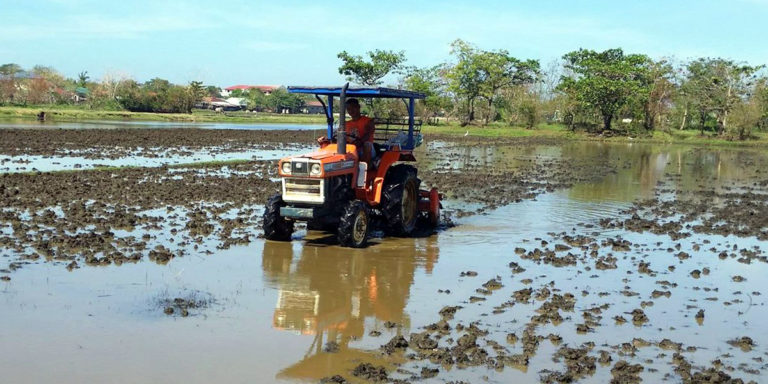Missions and Sustainability
As the founding director of an NGO working among the poor in the Philippines, I have recently been thinking about long-term sustainability. Will the work we have started, Hands of Hope Faith Academy, the churches planted etc, have the continued resources to function and grow long after we have gone?
Definition
What exactly do we mean by saying a program or NGO is sustainable, or self-sustaining? The term has been used in different ways. Notably, in the U.S. Christian mission movement, there has long been a school of thought that mission efforts around the world should promptly exhibit the three “self’s”: self-governing, self-supporting, and self-propagating. All three self’s play an essential part in sustainability but the one “self” (I will discuss the other two in later blogs) I wish to focus on is the importance of becoming self-supporting. This means that a foreign organization depends on indigenous support or business Initiatives; it is not reliant on foreign mission organizations.
Sustainability & Dependency
Becoming self-sustaining is not necessarily the answer to a donor’s desire for the non-profit to not become dependent on him/her. Non-profits that depend on donated capital are, by definition, dependent on their donors; that’s unavoidable. So, what typically happens if the funding faucet turns off? The lack of revenue-generating infrastructure rears its ugly head and the NGO fails with its mission remaining unresolved.
In most missions organizations, there will always be a place for donations but if NGOs can redesign their business model to generate funds through sales of local products, services, local business opportunities, it can avoid donor dependency.
Donors & Sustainability
To ensure longevity NGOs (us included) need to seriously consider self-sustainability. To create a self-sustaining non-profit, it really must be treated like any other for-profit business. Where is the value, how does it affect all involved parties and how can infrastructure and ongoing incentive be used to create a machine that operates without our direct involvement and the constant need for more capital?
Donors input in helping an organization move towards sustainability is essential. NGOs can particularly benefit from the wisdom and experience of businesspersons who have built successful organizations. Such donors may help lay out a path from donor-support to self-sustainability, and help to fund (initial capital will be needed) the necessary steps. This process may lead to a “setting free” of the organization to pursue greater and broader goals in the years ahead.
Our current situation
Though we are not close to becoming self-sustainable we have started the journey. Around 24 months we started purchasing agricultural land and to-date we have (not including our school) 19000sq meters. Part of the land (4000sq meters) has been earmarked for future development of Hands of Hope Faith Academy and the remaining is used for planting rice. We have also brought other equipment for preparing fields and harvesting rice which can be hired out to other rice growers. In the not to distance future we intend on purchasing a portable rice mill. This will save growers time and money on transporting their product to fixed mills
These sorts of initiatives not only provide an income for the school, and other projects, but also provide jobs and income for the locals.
Love and Blessings

Duane, Jenny & Joe


